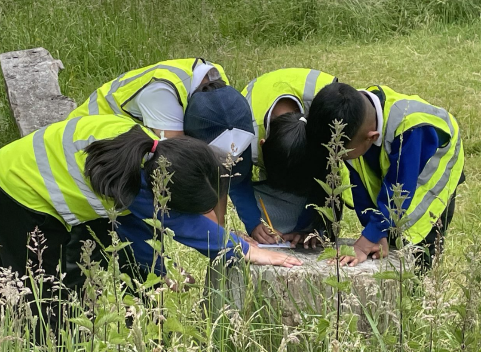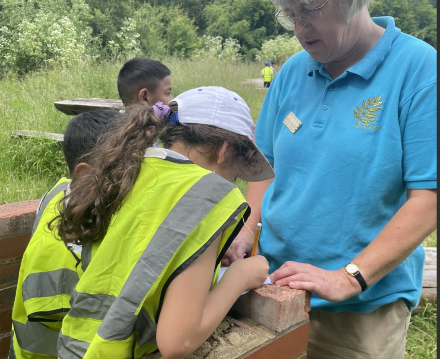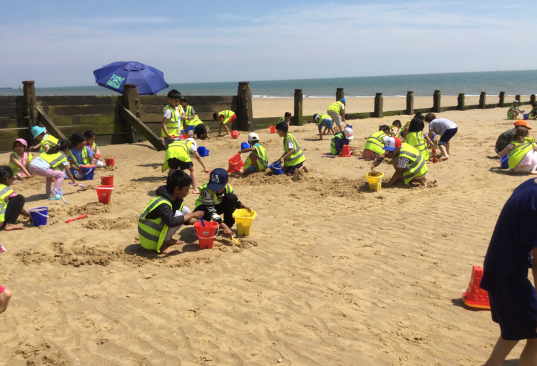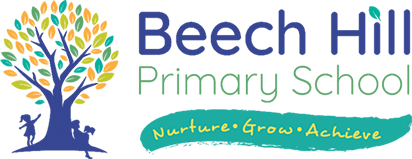Geography
"If geography itself has any significance it is that we are made to lift our eyes from our small provincial selves to the whole complex and magnificent world." – Sir Richard Burton



Geography Curriculum Intent
Through our Geography curriculum at Beech Hill, we aim to expand geographical vocabulary, increase our children’s knowledge and curiosity of the wider world and promote high aspirations. We seek to create a life-long love of the subject, through teaching our children about diverse places, people and resources. Through the study of natural and human environments, as well as physical and human processes, our desire is to provide our children with a sense of awe and wonder about the world they live in.
Our curriculum is designed to ensure that children:
- Extend knowledge from the familiar environments of the school locality, Luton and the surrounding localities that can be visited, creating a concrete understanding, to the unfamiliar and abstract knowledge of the world’s landforms, natural resources, weather, natural disasters and how humans change the planet.
- Systematically build greater fluency with world knowledge by drawing on increasing breadth and depth of content and contexts as pupils progress through the school, revisiting key concepts to embed knowledge through the sequencing of the scheme of work. Key concepts are introduced and revisited across the school year and academic years.
- Make greater sense of the world from their local knowledge to global knowledge by organising and connecting information and ideas about people, places, processes and environments, with more complex information about the world, including the relevance of people’s attitudes, values and beliefs.
- Increase the range and accuracy of investigative skills, and advancing their ability to select and apply these with increasing independence to geographical enquiry, use geographical language and mapping skills.
The curriculum builds a knowledge of:
Place and Locational knowledge, where children will describe, explain and compare places in increasing depth, developing knowledge about the characteristics of places including: climate, landforms, natural resources, water resources, vegetation, ecosystems, population, economy, built environment, communities and cultures.
Enquiry Skills, where children will describe, explain and compare places in increasing depth, developing their knowledge about people’s aesthetic, emotional, cultural and spiritual connection to places, learning how this contributes to peoples’ identity. Recognising that places may be altered or used for specific purposes by people, which may be promoted by some and challenged by others.
Map Skills, where children will describe, explain and compare places in increasing depth, through maps of varying sizes including globes, OS maps, Atlases, google maps and google earth. Learning about how different countries are represented through maps, how to use a key and scales and recognising different climates and landforms.
Human and Physical Geography, where children will describe and explain places in increasing depth, developing knowledge about the planet’s climate, energy production, environmental change, mineral depletion, pollution, transport goods and developing knowledge about importance of transport and communication systems Learning how these impact on the life of people a nd animals. Children will learn about the difference of opinion on how environments are utilised and altered due to personal and scientific views.
Field Work, where children will describe and explain places in increasing depth, developing knowledge of places in person and investigating in the wild of our everyday surroundings. Learning about the process of observing and collecting data about people, cultures, and natural environments.
Vocabulary, where children will describe and explain places in increasing depth, using subject specific vocabulary. Learning the definitions and how to use these within their own work, through descriptions, labels and explanations.
Geography Curriculum Overview

